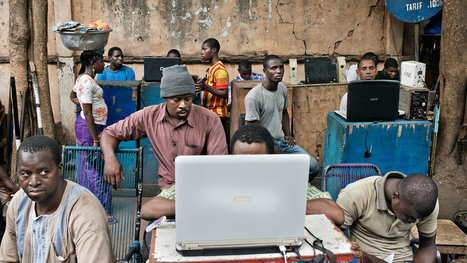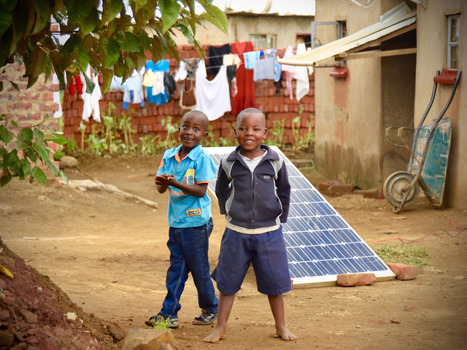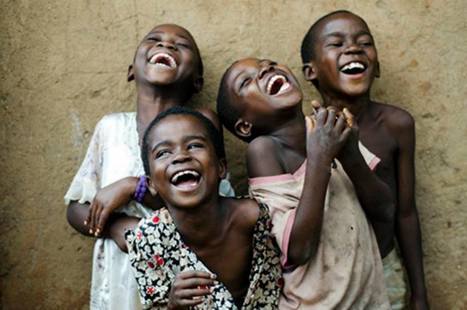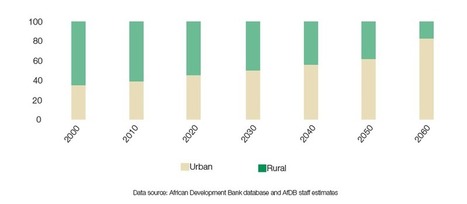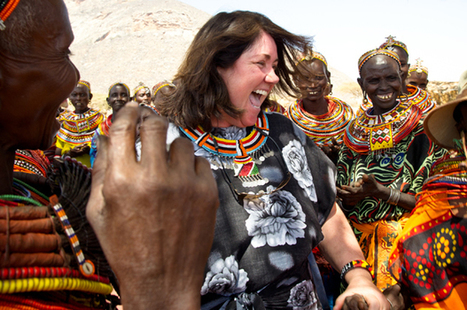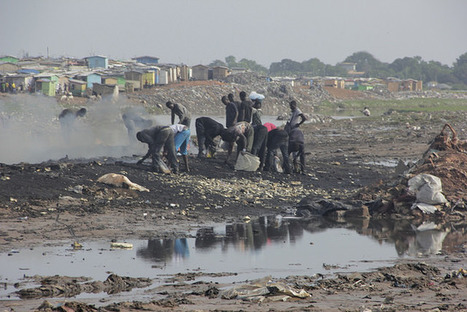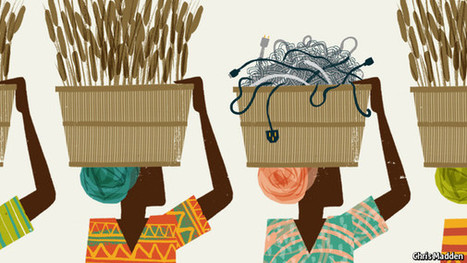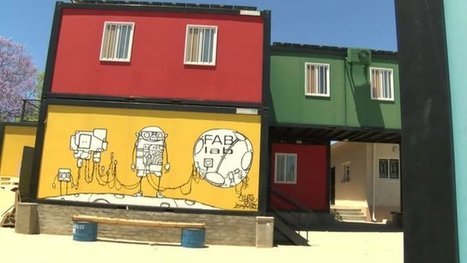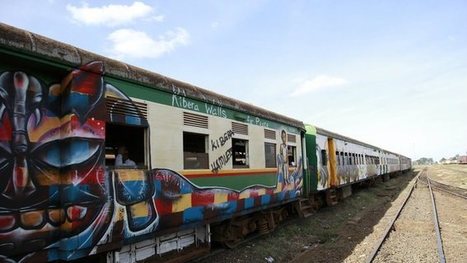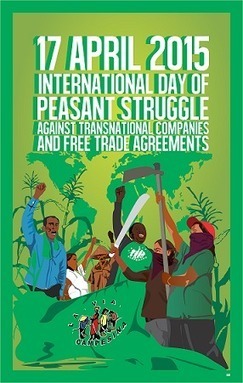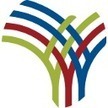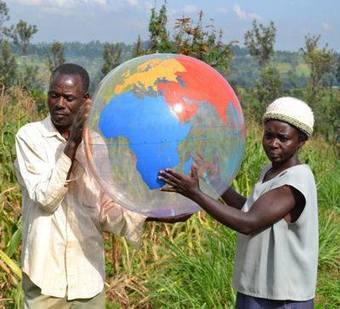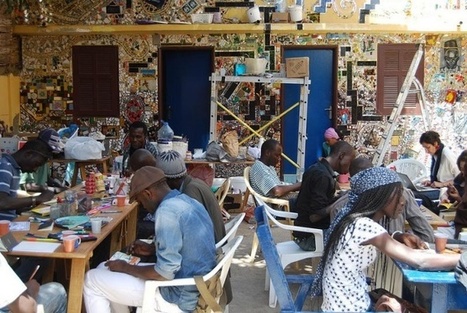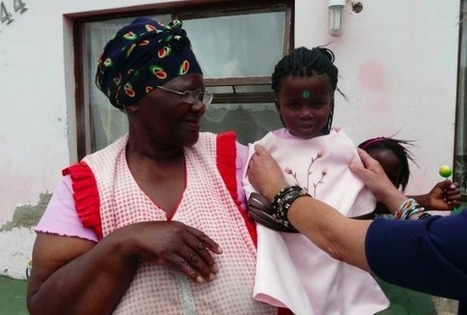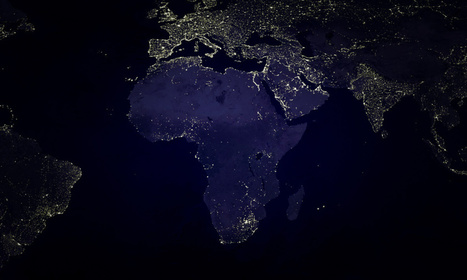In Mali’s “digital Bamako” markets, vendors fill old phones with new songs — and jump-start a homegrown musical community.
Get Started for FREE
Sign up with Facebook Sign up with X
I don't have a Facebook or a X account
 Your new post is loading... Your new post is loading...

Jason Schneider's curator insight,
March 9, 2015 5:12 PM
For now, Africa is known for it's lack of urban areas. There are more rural and agricultural areas than urban areas. However, its economy strength is thought to improve Africa's urban life. Burkina Faso seems to be the most grown city (in GDP & population) in Africa.

8A Nathan's curator insight,
February 27, 2015 2:34 AM
In dumps all over Africa, Africans are taking in what seems like useless E-junk and are finding ways to recycle it. From the large disposal of old technology as Africa moves forward, areas are filled with large amounts of what is junk to some could be worth a lot more after processing takes place. Many unorganized workers go there everyday at risk of their own health for the livelihood of their families. In some places the E-waste is taken to more organized facilitates where decent technology can be sold at stores for large amounts of money, but in other areas it is collected to survive. This article helped me understand how Africa is moving forward with technology, and that Africans are resourceful. The article stated that the E-Junk was hidden very well by the government, so it was pretty awesome when poor African families found all this stuff and are being resourceful and making money from it. This article made me sad that people have to do this to gain wealth but it also showed me how productive Africans can be.
Louis's curator insight,
January 16, 2015 5:57 AM
Technology bridging the gap between wealthy and poor nations? |

8B Maya Douglas's curator insight,
February 25, 2015 4:54 AM
This is a very short article about a movie that was director Louise Hogarth. She was inspired to make a campaign when she was working on her movie. It is called the OBC. People in OBC make bracelets out of elephant dung, to support the elephants. They also make notebooks out of elephant dung. These bracelets and other items are given to orphanages. The next generation of crafters are going to be paid with bitcoins. This is going to benefit them and the elephants. I think that it is cool that people are being creative, using waste, to support elephants and people. Here, in Thailand, elephant dung notebooks and other items made of waste is actually sold. I find it quite interesting that people are being paid with bit coins. I vaguely know what it is, but it is kind of confusing. My dad talks about bit coins sometimes, but I barely know what's going on. I'm pretty sure I'll know what they really are soon. 
8B Maya Douglas's comment,
March 9, 2015 1:31 AM
A link to a video that helped me understand bitcoins."
Elena Fineberg's curator insight,
January 30, 2015 2:21 PM
Who: Written by David Moinina Sengeh concerns Sub-Saharan African community When January 15th 2015 Where Sub-Saharan Africa What Since nearly 70% of sub-Saharan Africa lacks access to stable electricity, it has become imperative to find a way to substitute the faulty yet very expensive appliances commonly used (Diesel-powered generators, etc). However, the problem is that installing a complete electricity infrastructure would be too expensive and take too long, making it counterproductive. A possible solution that Sengeh argues is that the increasing use of Microgrids, small, local versions of electricity grids, could strongly help give the population access to reliable, inexpensive electricity, costing about ¼ of the price for Diesel. Why This site shows the economic troubles the population of Sub-Saharan Africa face in terms of lack of access to electricity. However, it also demonstrates the strong efforts they are making in trying to make it more reliable, attainable, and less expensive. Further efforts also lend themselves to investing in renewable energy to provide these types of microgrids for communities not located near major towns. |




